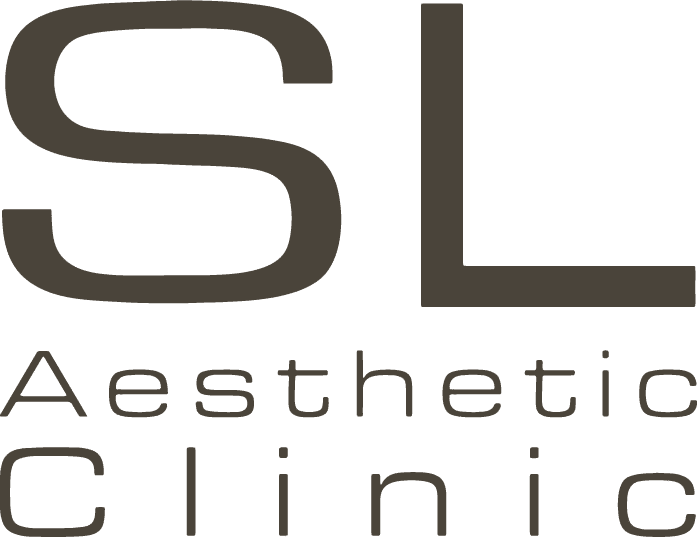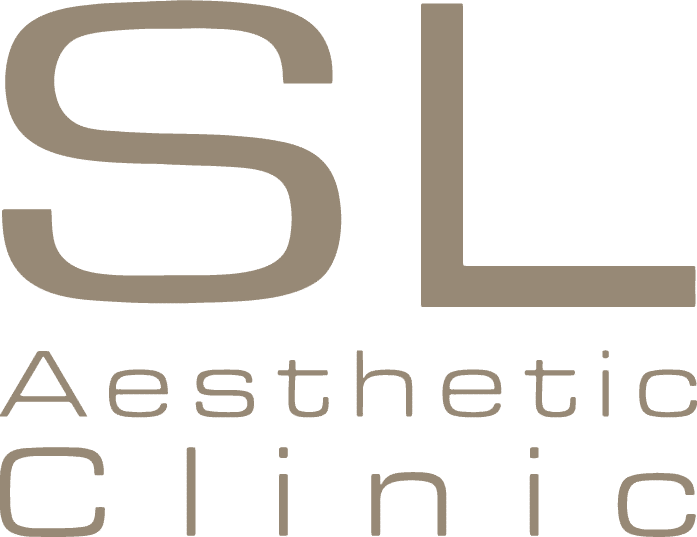The treatment duration is dependent on your body weight and the severity of your acne. There are three main ways of taking Isotretinoin:
1. Cumulative Dosing Based on Body Weight
Studies have shown a lower recurrence rate when a patient takes a total of 120mg/kg of Isotretinoin body weight of Isotretinoin.
For example, a patient who weighs 50 kg will be required to take 6000mg of Isotretinoin in total. Isotretinoin medication typically comes in a monthly supply of 30 pills per box, each pill with a 20mg dose. This totals at 600mg of Isotretinoin per box. Hence, the patient will be required to complete 10 boxes, or approximately 10 months for his acne treatment.
This is the preferred duration of acne treatment with Accutane (Isotretinoin) at SL Aesthetic Clinic, with the goal of lowering the patient’s acne relapse rate.
2. Result Dependent Duration
In this method, Isotretinoin is started and continued until the acne is in control; no formation of new acne, and then sustained for 3 more months. In our experience, we prefer that patients take Isotretinoin for at least 6 months in order to significantly lower the risk of an acne relapse. Stopping Isotretinoin prematurely can result in a high possibility of acne relapse.
3. Low Intermittent Dosing
Isotretinoin can be taken intermittently at a low dose (e.g. one pill per week), but this is used mainly for long term control of acne rather than as a primary course of acne treatment. This method should be used only if advised by your doctor.



